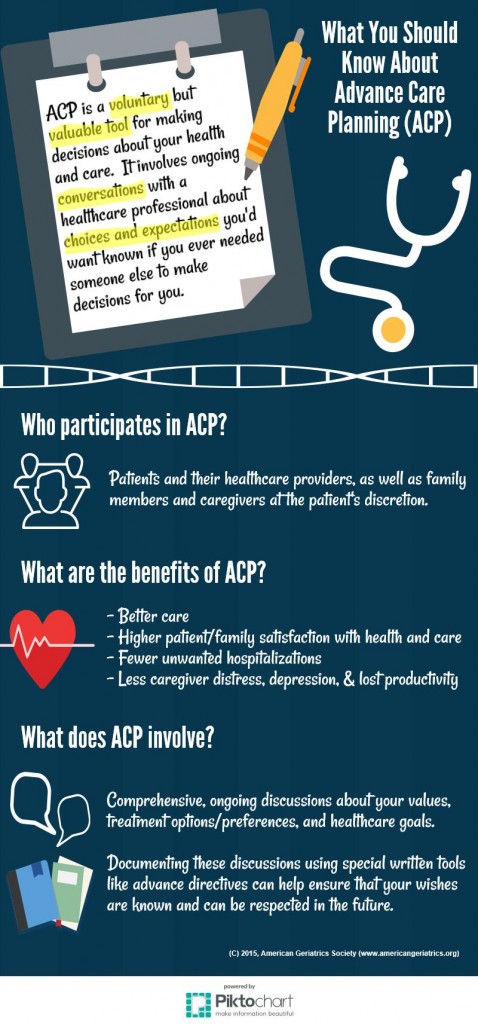A great way to keep your mental sharpness at its peak is to think of your brain as a muscle. Just as exercising your muscles helps keep you healthy and active, exercising your brain can help protect your memory and fight the effects of diseases affecting the brain, such as Alzheimer’s disease or other forms of dementia.
To help keep your mental skills sharp, make these healthy habits part of your daily routine:
Stay in shape. Physical activity isn’t just great for yourmuscles; it’s good for brain power, too. Being active for 30 minutes a day, at least three days a week, helps increase blood flow to the brain to keep it healthy. What’s more, exercise may even help new brain cells to grow! Walking is the perfect exercise for most people—you can walk outdoors on nice days or indoors at a mall or community fitness center. The only equipment you need is a well-fitting, comfortable pair of shoes. Other excellent activities include dancing, gardening, housework, cycling, and swimming.
Get regular health check-ups. High blood pressure, diabetes, depression, and not eating properly can interfere with mental sharpness. See your healthcare provider regularly to make sure your health problems are under control—and to nip any new problems in the bud. To stay on top of your health concerns, make sure to follow your healthcare provider’s advice, too.
Check your meds. Some medications, including ones taken for depression, anxiety, sleeping problems, or pain, can dull your memory. Talk to your healthcare provider about all the medications you may be taking and ask if any could be causing memory issues.
Get plenty of sleep. While you’re sleeping, your brain renews itself, so getting less than 7 to 8 hours of sleep a night (some people may require more or less sleep) can make it harder to concentrate and stay mentally sharp. Healthy sleep habits include:
- Shutting off the TV, cell phone, tablet, and computer 30 minutes before bedtime.
- Listening to soft, calming music before bed.
- Making sure your bedroom is dark and quiet.
- Avoiding caffeinated drinks like coffee after 3:00pm.
- Avoiding heavy meals too close to bedtime.
- Setting a regular time for going to bed and waking up.
Become a social butterfly. Spending time with others can help keep your brain sharp. You can try volunteering, joining a club, or taking on a part-time job. Sign up for discussion groups at a senior center, or learn how to play bridge or other group games. Doing crossword and jigsaw puzzles are other great options for staying mentally engaged.
Eat a varied diet. Meals that include plenty of fruits and vegetables, whole grains, low-fat dairy, lean proteins, and healthy fats such as olive oil and avocados are good for your brain. Fish is especially important because it contains omega-3 fatty acids, which your brain needs to stay healthy.
Defuse your stress. Stress can make even the sharpest people feel forgetful. Engage in activities that calm you down, such as yoga, prayer, or meditation. Walking in nature is also a great way to relax.

